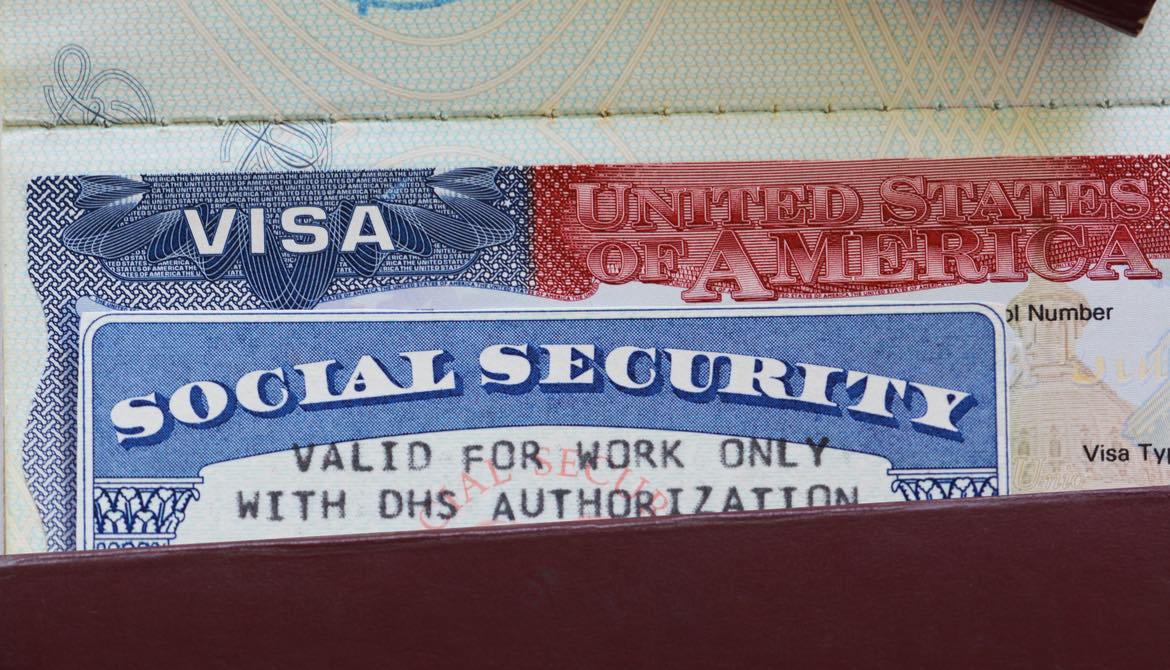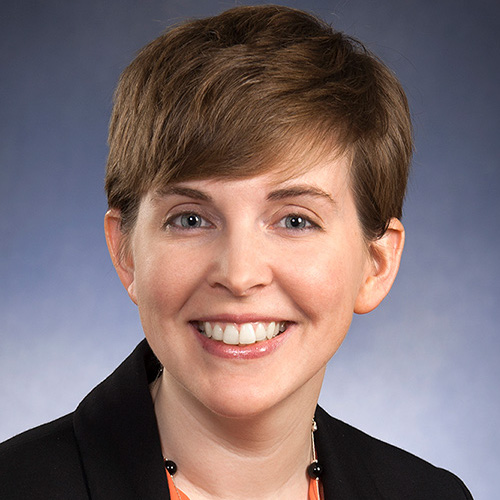3 minutes
Living out the CU mission of 'people helping people'
One trailblazing credit union is leading the pack in offering financial services to a demographic that is increasingly scrutinized and often underserved: non-citizens.
“Where you were born should not determine how you live,” reads the personal loans section of the website of Point West Credit Union, Portland, Ore. “We offer lending and services to immigrants and all members of the Hispanic community. Walking in our doors makes you a citizen of Point West.”
The CU has a diverse membership and a strategic focus on serving the Hispanic members it gained through a 2004 merger with Hacienda Community Credit Union. Point West CU pulled back on Hacienda Community CU’s original non-citizen lending program in the wake of the Great Recession of 2008, but relaunched its efforts in 2014.
“Serving our community—our whole community—is not a partisan or political decision,” says Steve Pagenstecher, VP/member experience at $103 million Point West CU. “It’s a reflection of our values and our commitment to the credit union philosophy of ‘people helping people.’”
The importance of Point West CU’s program was recognized by the Filene Research Institute, which it chose to be an example in the Reaching Minority Households Incubator, a research project started in mid-2015 to understand the challenges minority households face in accessing affordable and quality financial services, as well as the successes credit unions and other financial institutions have had in serving minority households.
“When we looked at selecting a program, we really wanted to find something that could hit all measurements: scalability, financial viability (sustainable, if not profitable), demand … and consumer impact,” explains Corlinda Wooden, project manager for Filene’s incubator. In short, Filene selected Point West CU because it was demonstrating success in these areas that other credit unions would likely be interested in emulating.
The potential impact of Point West CU’s lending program is significant. Many non-citizens have neither a social security number nor a credit history, which are typically used to help qualify borrowers, says Filene’s Incubator Director Adam Lee. Without this documentation, nearly 200,000 Oregonians can’t easily access services that citizens take for granted.
CUs without a long history of working with immigrant communities or those keeping a close eye on recent political activity may have concerns about opening accounts for non-citizens. But with proper processes in place, Pagenstecher explains, there’s no reason to be fearful.
Point West CU offers citizenship loans and its entire suite of consumer loans to all non-citizens with a valid photo identification and individual taxpayer identification number.
“There is no law that bars federally insured financial institutions from providing services to lawful permanent residents, including non-citizens,” says Pagenstecher.
In its relaunch of offerings for non-citizens, Point West CU sought to address issues it had experienced with the previous incarnation. For example, the CU had seen heightened risk in its unsecured portfolio when the loan was for a purpose not directly related to the borrower (e.g. to help a brother or friend), explains Pagenstecher. “Personal loans are now required to have a loan purpose for the borrower. In addition, we made changes to our income verification procedures where we now require either paystubs or tax returns.”
In Filene’s report, "Reaching Minority Households: Learning from Minority Credit Unions,” the group found that credit unions that primarily serve minorities experience higher loan delinquencies (1.14 percent of loans in 2014) than credit unions that don’t primarily serve minorities (0.85 percent). Yet as of late 2016, Point West CU’s program had a delinquency rate of 0 percent and a charge-off ratio of 0.34 percent.
Pagenstecher acknowledges that each market or credit union will have different results given its unique memberships and histories, but thinks that CUs across the country would likely get similar results by following similar processes. “At Point West, being a trusted and affordable source of liquidity for members typically shut out of mainstream lending has created a situation where our members will go above and beyond to ensure their relationship with the credit union remains in good standing,” says Pagenstecher.
As with any program, product, or member, “the most important thing is to adequately analyze the risk each member poses, and price that risk accordingly,” adds Pagenstecher.
Danielle Dyer is CUES’ assistant editor.
Read part two of this series, "Non-Citizen Lending? Not a Problem Part 2."










